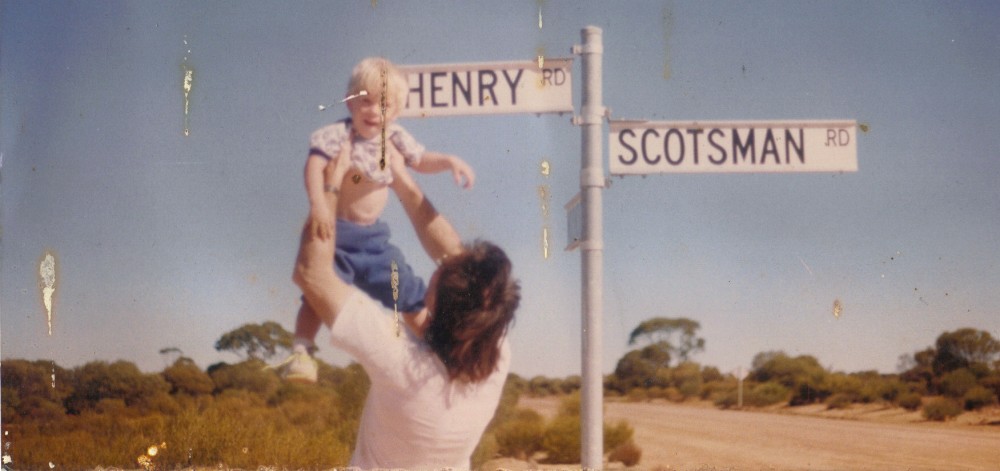Wordplay and a combination of aphorism and wry aside is a feature of memorable songwriting. It has been a device, or combination of, from all the great songwriters from Gilbert and Sullivan to Elvis Costello. Along the way, it hasn’t hurt performers like Joe Jackson to get their message across or release a record that makes it into the charts.
Of course “she’s got eyes like saucers/oh you think she’s a dish” lessens the seriousness even as it brings attention to itself so even the masters can overegg.
To really get across the point though, and to drag in that other favourite lyrical ingredient, the nudge and wink: consider two similarly-titled songs: “If You Seek Kay” by the blues performer Memphis Slim, and “If You Seek Amy” by the pop chanteuse Britney Spears.
It is hedging your bets writing suggestive lyrics that play with meaning just as they tickle your fancy. ‘Rock me baby with that steady roll’ is serviceable in capturing ribald imagery but these resonate more. While it’s true that both fifties blues and nineties pop find all manner of uses for sexual connotation, the difference is apparent. Even Memphis Slim’s own output includes the standard bonking metaphors about churning and grinding; useful when it comes to the censoring of bare descriptiveness (not so necessary in today’s sexualised success meter), but not a patch on spelling it out without spelling it out, as “If You See Kay” does.
The pianist, born Peter Chatman, is able to extend the metaphor cleverly throughout the song by pretending that he is really asking after some girl named Kay. Had Britney’s writer on “If You Seek Amy” done the same, it might have worked. But the task was harder because, while it pursues the same vein at a literal level as it does at a hidden level, the writer is unable to maintain the tension of the dual meaning and it ends up not making a lot of sense. So there’s the surprise at decoding but it’s not sustained by the song itself.
Cleverness is only useful in some contexts, even when it’s working. Dancefloor numbers rely on putting one into a trance groove, not startling them out of it with a line like Jim Steinman’s “We were barely seventeen and we were barely dressed” (the milder of his verbal jousts). Folk music relies on a straight telling of an important narrative or a pronouncement that can be embraced universally. Since we don’t all think of smart lines or ripping ripostes, it places the performer at one remove from their audience, when the idea is to get them to join in. In many of the more extreme music forms, the words are going to be drowned out in the general mayhem so, unless you’re expecting your fans to pick up on the little extras in double meaning by reading the lyric sheet, it’s largely wasted on the generic pummeling the sound provides.
So you can avoid lyrical flair and be excused, but it’s a good quality to cultivate, as you never know when that extra zest in your bag of tricks will come in handy.
